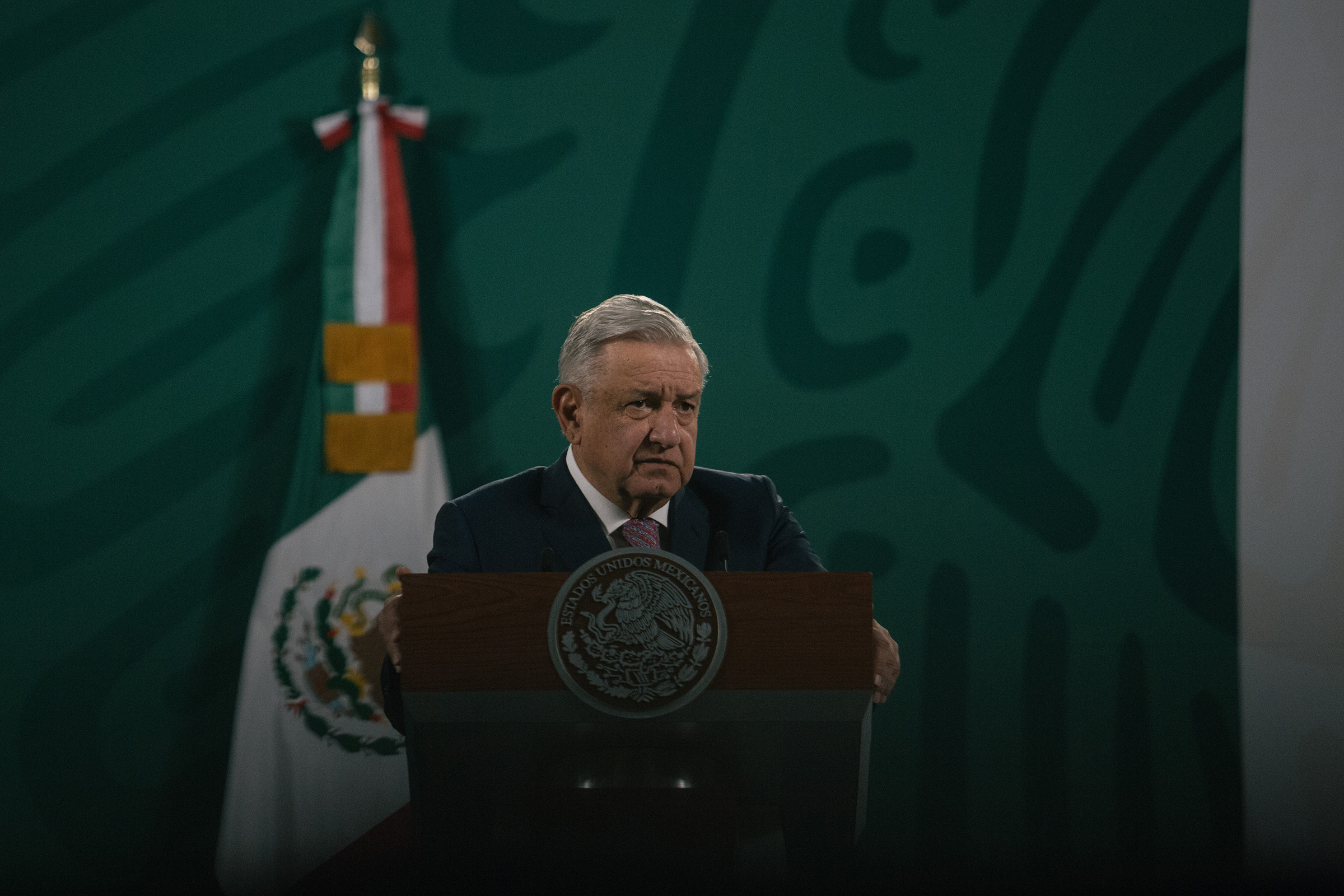
How long can Andrés Manuel López Obrador defy gravity? The list of his country’s problems is long. Though Mexico’s President promised to combat violent crime upon taking office in 2018, drug cartels still control big pieces of Mexico’s territory, and homicide rates remain at historic highs. The economy was underperforming even before the pandemic. The veteran leftist’s drive to centralize economic decisionmaking has angered local business leaders and discouraged foreign investment.
The more immediate problem is that Mexico now has the third highest number of coronavirus deaths in the world. COVID-19 has killed more people in Mexico than in India–a country with 10 times the population–a problem compounded by a severely stressed health care system and made worse by López Obrador’s refusal to take the virus seriously. Mexico’s President has flatly refused to wear a mask, and he’s actively encouraged Mexicans to protect jobs by eating in restaurants.
Recent polls show that Mexicans are not happy with their government. According to El Financiero, 55% have a negative view of the administration’s handling of public security and 47% disapprove of its economic performance. Yet halfway through his single six-year term–Mexico’s Presidents are term-limited–López Obrador remains much more popular than the government he leads, with his approval at a robust 62%.
In part it’s because Mexicans continue to blame the country’s other three major parties–the PAN, the PRI and the PRD–not only for creating Mexico’s problems but also for the endemic political corruption that makes them so hard to solve. Nor can we ignore López Obrador’s remarkable popular touch. When, like Donald Trump and Brazil’s Jair Bolsonaro, he became infected with COVID, he argued that he could have used his position to be vaccinated first and that he contracted the virus, like so many of his people, by showing up for work. In the process, he reminded millions of Mexicans why they love him and continue to distrust his rivals. Some 57% say he’s honest. He’s demonstrated that a populist of the left can build a durable political base in this moment just like populists of the right.
How long can López Obrador defy political gravity? That will depend on how quickly vaccinations can ease Mexico’s COVID crisis. Its economy can’t afford the costs of an extended lockdown, and López Obrador has refused to provide the stimulus and added safety-net protections to help citizens survive one. Mexico has run short on vaccines, but new supplies of AstraZeneca jabs started to arrive from India, and the government has announced deals to secure millions of doses more. But can Mexico’s health care system vaccinate enough of the country’s 128 million people before viral variants create new problems?
If not, the health and economic toll may start to weigh on López Obrador on the eve of crucial midterm elections. On June 6, every seat in Mexico’s lower house will be up for grabs and 15 of its 32 states will elect governors. Nearly 2,000 local governments will be elected across 30 states. The results of this vote will determine whether López Obrador can accomplish anything in his remaining three years. For now, his Morena party and its allies control the lower-house supermajority needed to amend Mexico’s constitution. That political power is likely to be lost.
In short, López Obrador faces the same question now looming over just about every other leader in the world: Can he tame COVID and revive his country’s economy before voters send him crashing back to earth?
More Must-Reads from TIME
- Donald Trump Is TIME's 2024 Person of the Year
- Why We Chose Trump as Person of the Year
- Is Intermittent Fasting Good or Bad for You?
- The 100 Must-Read Books of 2024
- The 20 Best Christmas TV Episodes
- Column: If Optimism Feels Ridiculous Now, Try Hope
- The Future of Climate Action Is Trade Policy
- Merle Bombardieri Is Helping People Make the Baby Decision
Contact us at letters@time.com